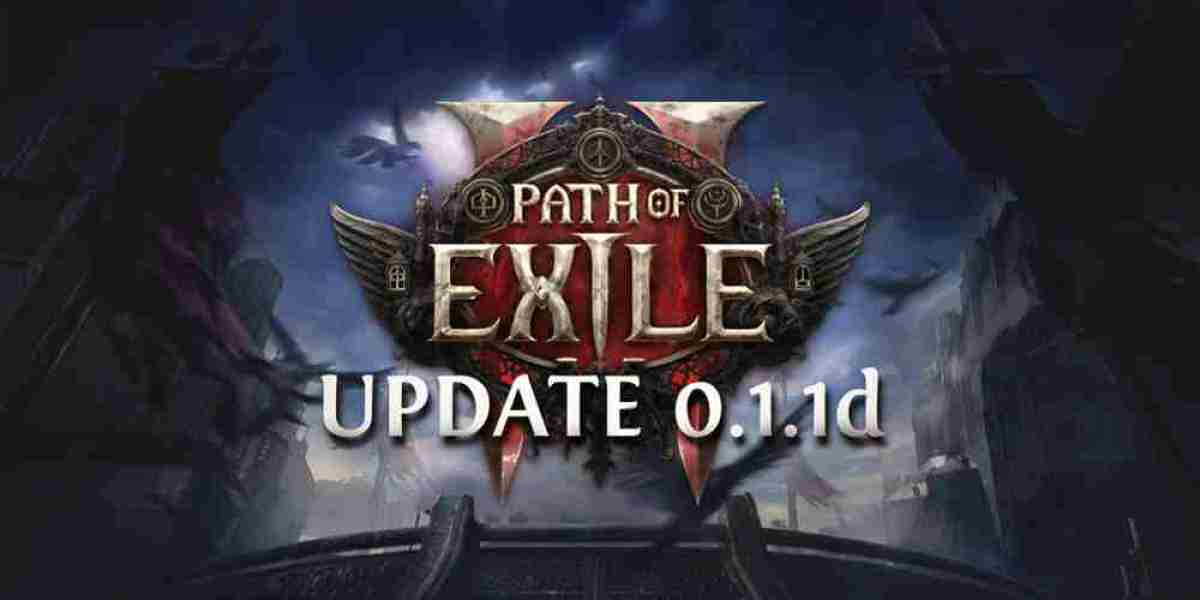In the evolving world of blockchain and Web3, cryptocurrency wallets are no longer just tools for storing and transacting digital currencies. They are rapidly transforming into critical infrastructure for managing digital identity in decentralized ecosystems. This shift is being driven by the rise of Decentralized Identity (DID) — a revolutionary concept that removes the need for centralized authorities when verifying personal information. As DID gains adoption, Cryptocurrency Wallet Development is now focused on integrating robust identity features, ensuring user privacy, and enabling seamless interoperability across decentralized applications (dApps).
The Limitations of Centralized Identity Systems
Traditional identity systems rely on centralized institutions such as governments, banks, and big tech companies to issue, verify, and store identity information. While this model has supported online services for decades, it comes with significant drawbacks. Data breaches, surveillance risks, lack of user control, and limited access in developing regions have exposed the fragility of centralized identity infrastructures.
Moreover, users often have to submit the same documents and credentials repeatedly for different services. They have little say over how their data is shared or used, and they must trust third parties to store sensitive information securely. This lack of user agency and transparency is precisely what decentralized identity systems aim to address.
What is Decentralized Identity (DID)?
Decentralized Identity enables users to create, manage, and share their identity credentials without relying on centralized organizations. It’s based on blockchain technology, public-private key cryptography, and a concept called verifiable credentials. These credentials are issued by trusted parties and stored securely in the user's digital wallet.
Instead of asking a centralized server for verification, a DID-enabled system verifies the credentials on-chain. The user has full ownership and can choose when and where to share them. Since no central entity stores the credentials, the risk of mass data breaches is significantly reduced.
The Role of Crypto Wallets in DID
Crypto wallets are evolving into secure personal data vaults that store more than just cryptocurrencies and NFTs. They now serve as tools for managing decentralized identities. This includes:
- Generating and storing Decentralized Identifiers (DIDs)
- Holding verifiable credentials such as driver’s licenses, university degrees, and KYC proofs
- Signing identity-related transactions or access requests using private keys
- Sharing selective information with dApps, institutions, or platforms without revealing full personal data
Modern crypto wallets support identity management protocols like W3C's DID standard, Verifiable Credentials, and integration with blockchain identity networks such as Sovrin, uPort, or Polygon ID. These tools empower users to control their digital presence across platforms, from social media to financial services and beyond.
Key Features of DID-Supported Wallets
To support decentralized identity, crypto wallets must offer a range of advanced capabilities. Security is foundational, as private keys linked to identity must be protected at all costs. Multi-signature access, biometric authentication, and hardware wallet support are becoming standard to prevent unauthorized access.
Interoperability is another critical feature. Identity-related credentials must work seamlessly across different blockchains and platforms. This requires the wallet to integrate with multiple identity protocols, support cross-chain transactions, and offer a user-friendly interface for managing credentials.
Another key area is selective disclosure. DID-enabled wallets allow users to share only specific parts of their identity. For example, proving that someone is over 18 without revealing their birthdate. This privacy-preserving mechanism is made possible through zero-knowledge proofs, a technique gaining traction in modern Cryptocurrency Wallet Development.
Use Cases Driving the Evolution
The practical benefits of DID-integrated wallets are emerging across sectors. In finance, crypto exchanges and DeFi platforms can use verifiable credentials for secure and reusable KYC/AML checks. This reduces friction for users while maintaining regulatory compliance.
In healthcare, patients can carry their medical records and insurance information in a verifiable format, sharing it securely with doctors or hospitals when needed. In education, students can carry digital diplomas and certificates in their wallet, which can be verified instantly by employers or institutions.
Even in social networking, DID enables identity verification without relying on centralized platforms. Users can log into dApps or communities using their wallet, proving their membership or reputation without sharing personal data.
Challenges to Overcome
Despite the promise, there are still challenges to widespread adoption of decentralized identity through wallets. One issue is usability. Managing private keys and understanding identity protocols can be complex for everyday users. Wallet developers must simplify these processes through intuitive design and strong user education.
Another challenge is standardization. While organizations like the W3C and DIF (Decentralized Identity Foundation) are working on open standards, fragmentation still exists. For true interoperability, ecosystem players must collaborate and align on protocols.
Regulatory uncertainty is also a barrier. Governments and institutions are still evaluating how to interact with decentralized identity systems. Ensuring legal recognition and compliance will be crucial for adoption in sensitive sectors like finance and healthcare.
The Future of Identity and Wallets
The convergence of crypto wallets and decentralized identity marks a turning point in the evolution of digital life. As the Web3 movement grows, users will expect to control their identity just as easily as they manage their funds. Wallets will serve as multi-functional tools — combining identity, finance, data ownership, and access management into a single application.
As artificial intelligence and automation enter the crypto space, identity management will become even smarter. DID wallets may use AI to recommend which credentials to share, manage permissions dynamically, and detect fraud or phishing attempts in real-time.
With growing demand for privacy, control, and transparency, decentralized identity is poised to redefine how we interact with the internet. And crypto wallets will be at the heart of that transformation.
Conclusion
As the digital landscape becomes increasingly decentralized, cryptocurrency wallets are evolving into secure, identity-focused platforms. By integrating Decentralized Identity features, they empower users with control over their personal information, enhance privacy, and improve trust across digital interactions. These innovations are reshaping not just how we manage assets, but how we verify who we are in the digital world.
For businesses and innovators looking to enter this transformative space, working with a Top Cryptocurrency Wallet Development Company is essential. At WisewayTec, we specialize in advanced Cryptocurrency Wallet Development solutions that seamlessly support decentralized identity and Web3 applications. If you're ready to future-proof your platform with DID integration, we’re here to help you lead the next evolution in digital identity.
Frequently Asked Questions (FAQs)
1. What is a Decentralized Identifier (DID)?
A Decentralized Identifier (DID) is a unique, self-owned identifier that enables individuals to control their digital identity without relying on centralized authorities.
2. Can crypto wallets store identity documents?
Yes, modern crypto wallets can store verifiable credentials like IDs, diplomas, and KYC proofs using secure cryptographic methods.
3. Are decentralized identity systems secure?
DID systems are considered highly secure as they rely on cryptography and blockchain. However, securing private keys and credentials is crucial to maintain identity integrity.
4. Which blockchains support decentralized identity?
Blockchains like Ethereum, Polygon, Sovrin, and Bitcoin (via DID methods) support decentralized identity standards and tools.
5. How do crypto wallets use zero-knowledge proofs for identity?
Zero-knowledge proofs allow users to prove specific facts (like age or membership) without revealing the underlying personal data, enabling privacy-preserving identity verification.




